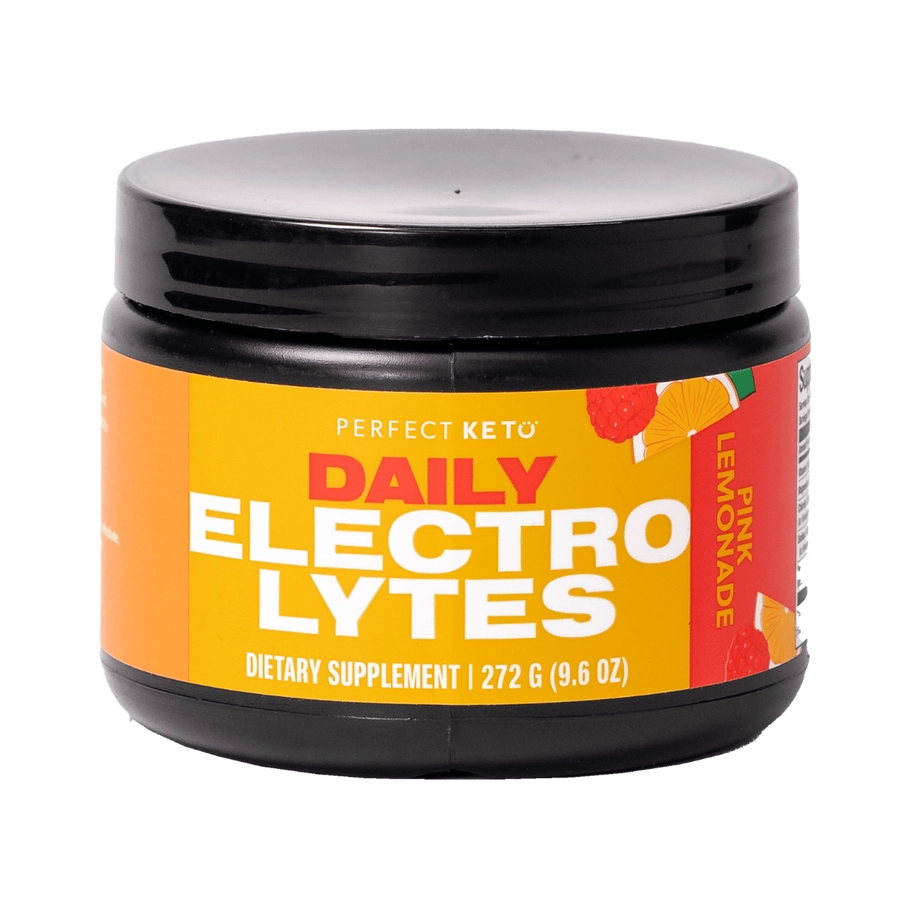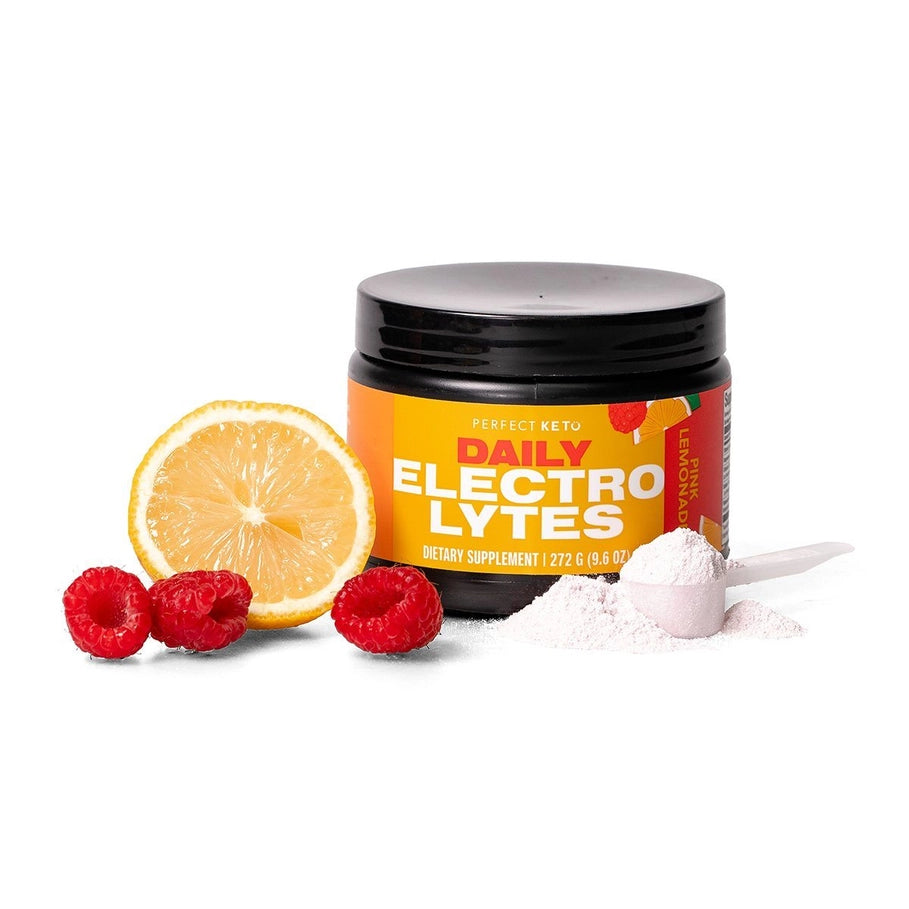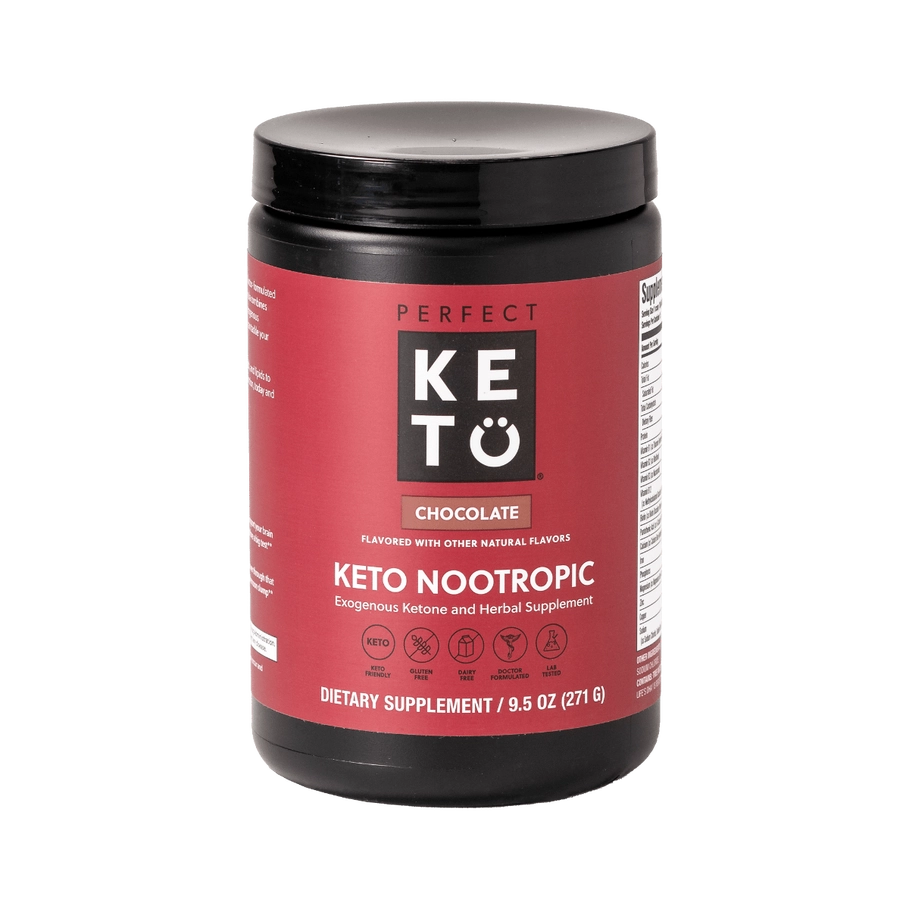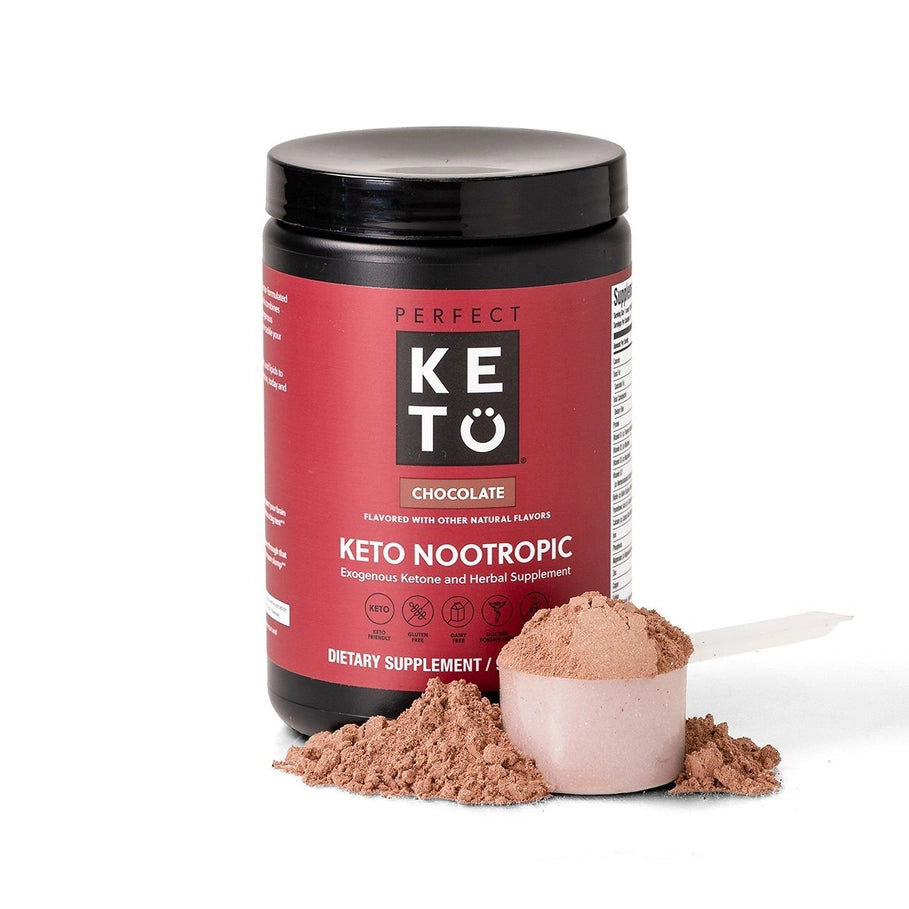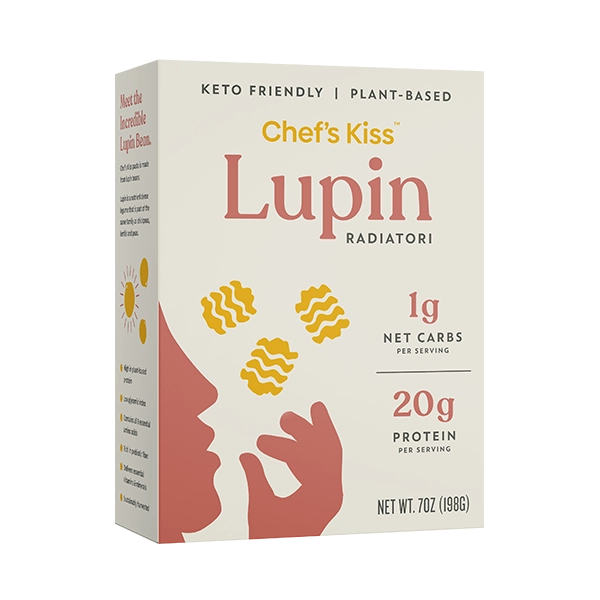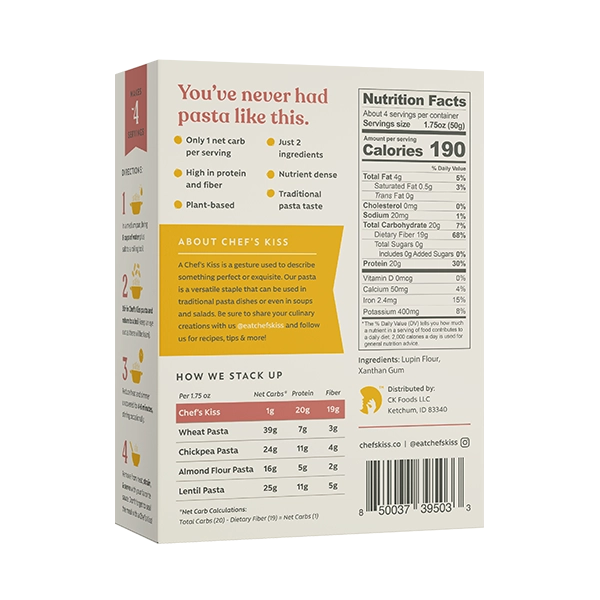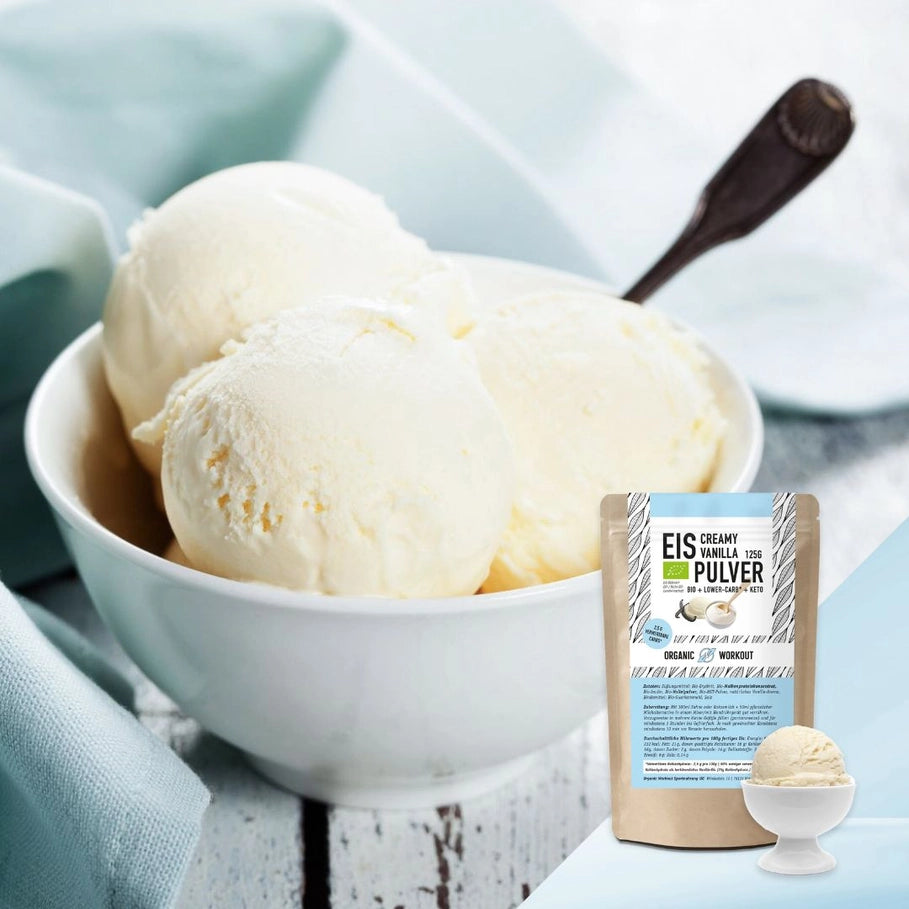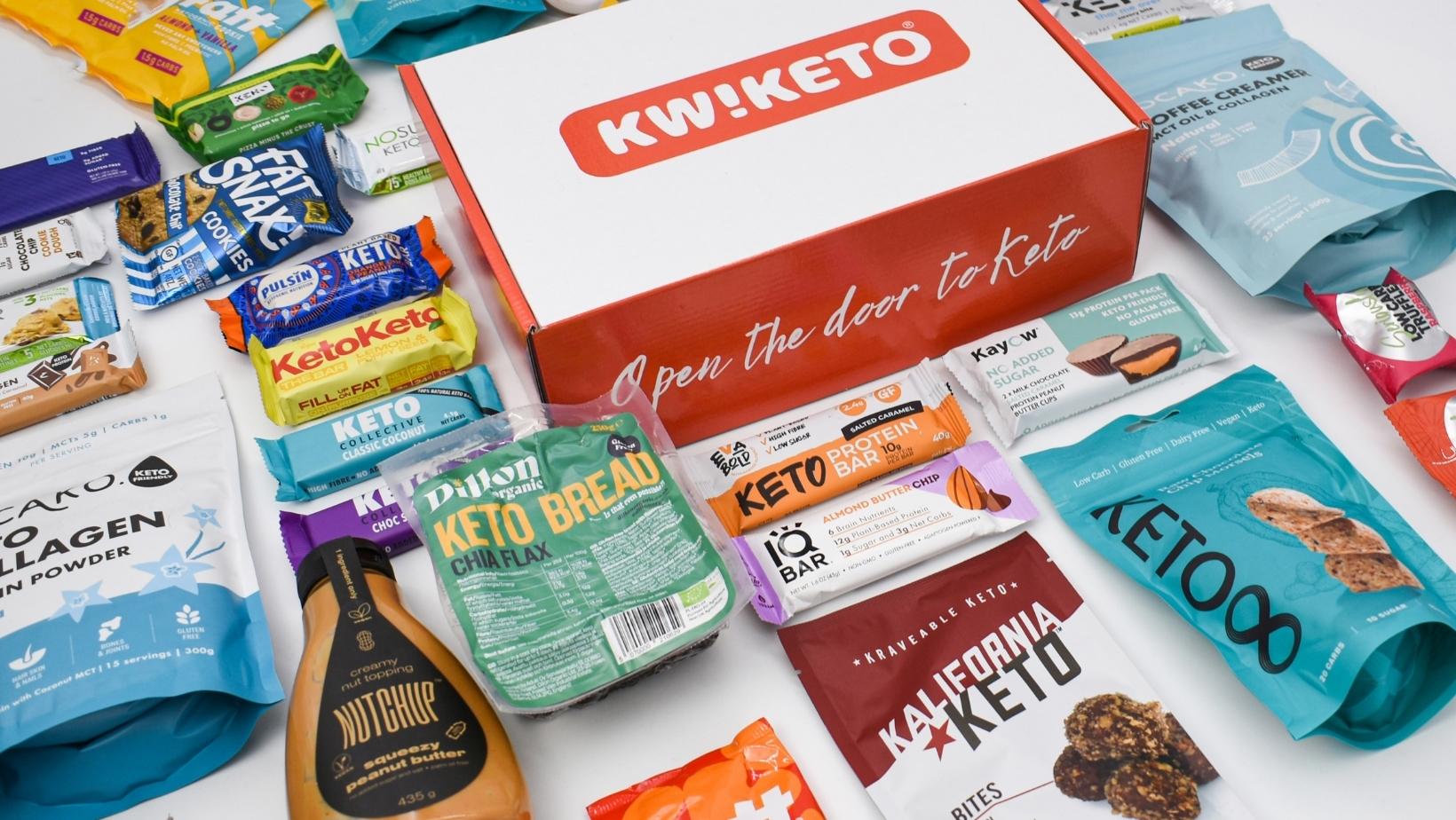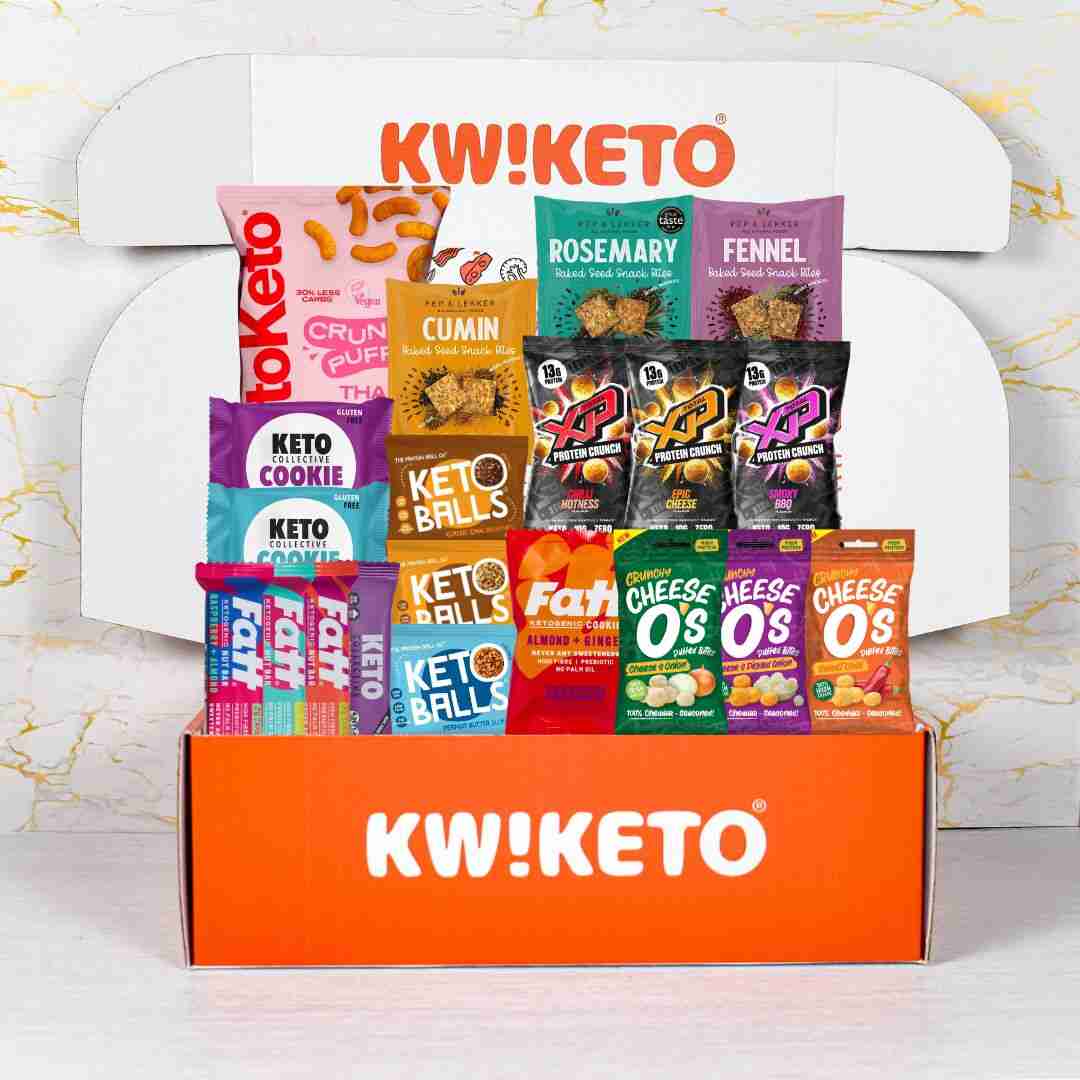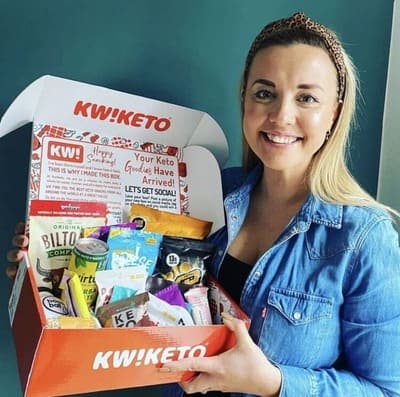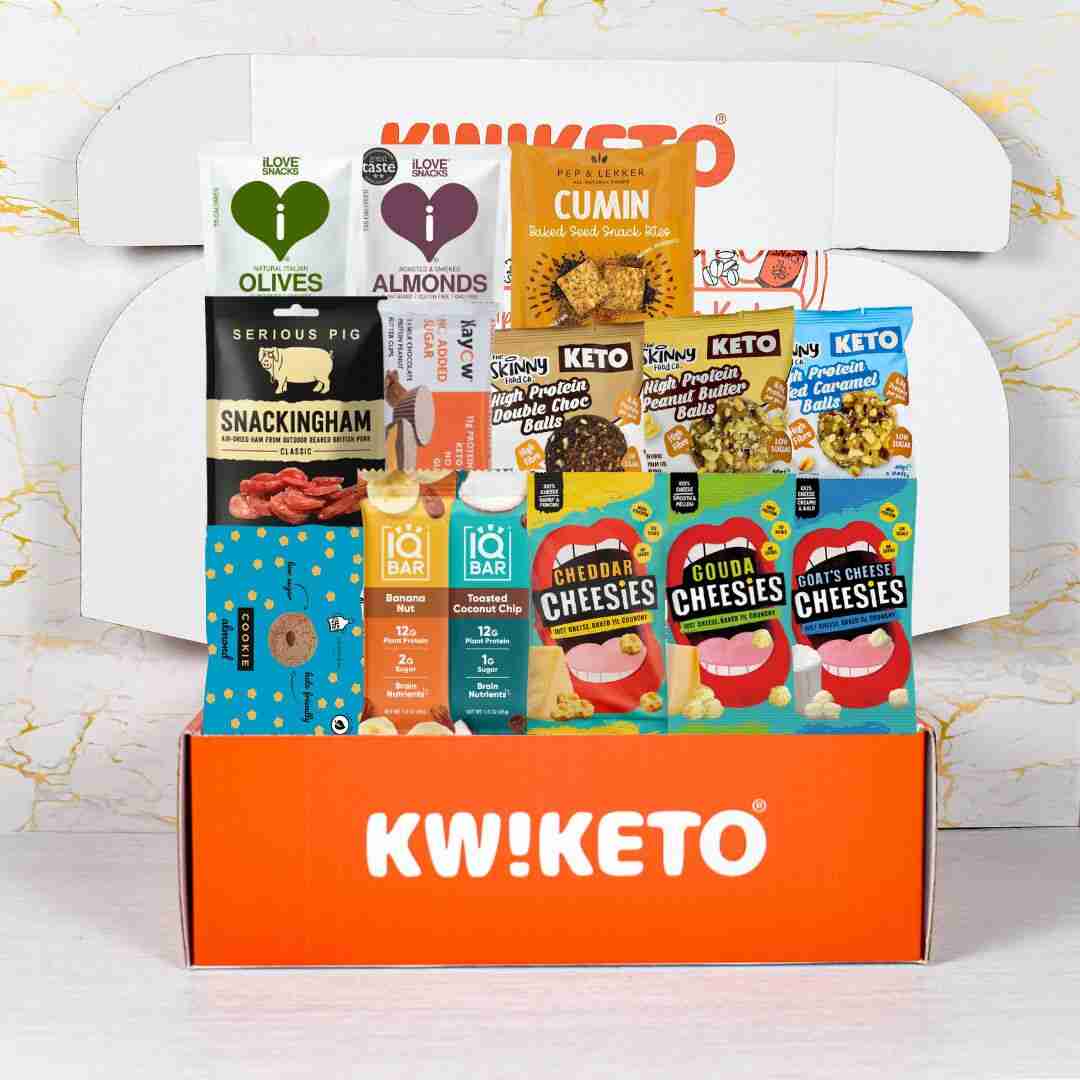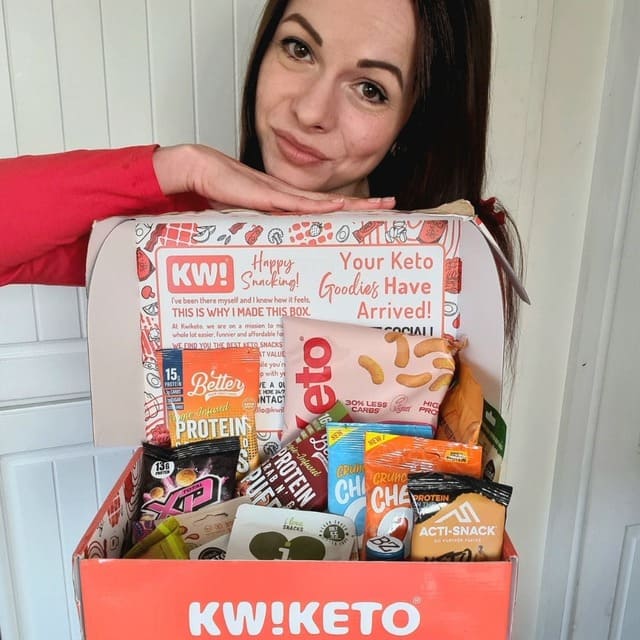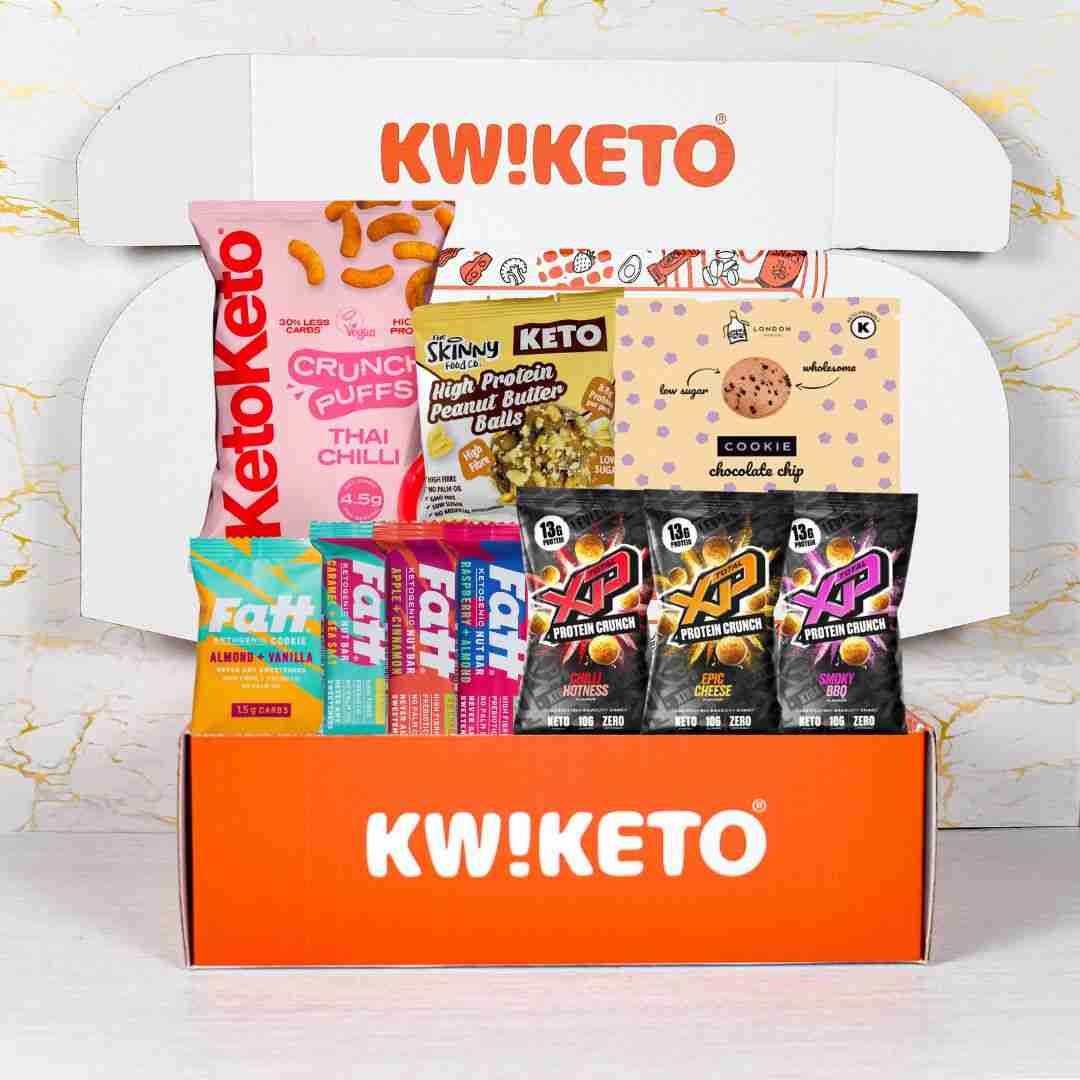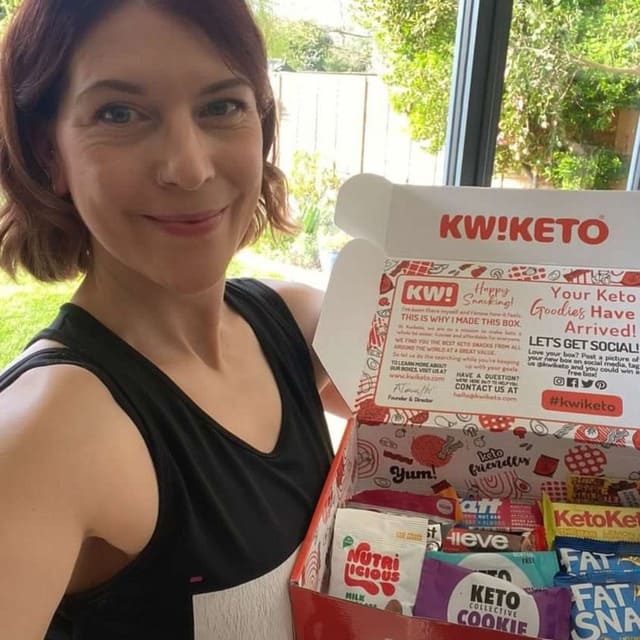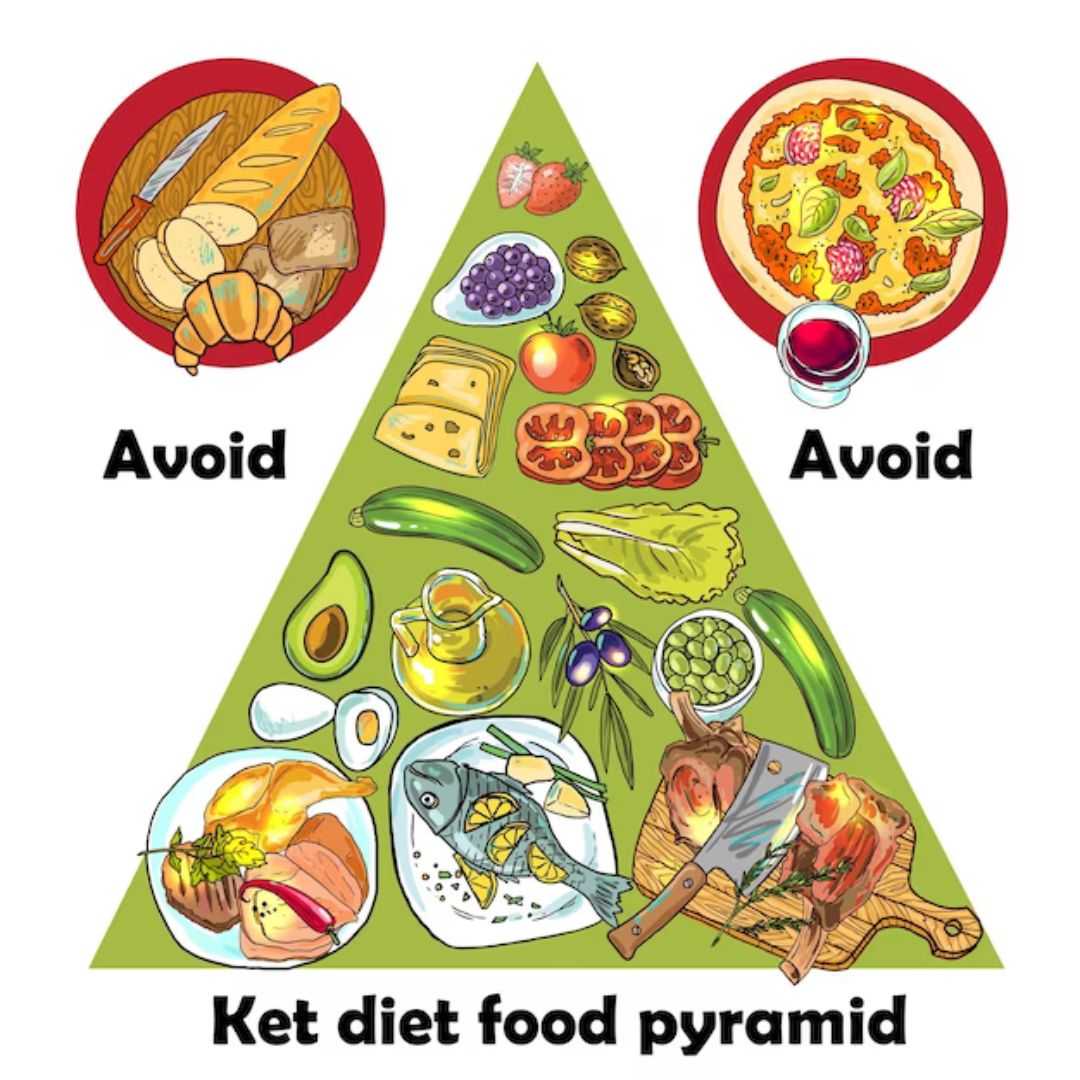
Keto Foods, What to Eat and Avoid
The Ultimate Guide to Keto Foods: What to Eat and Avoid
Welcome to the ultimate guide to keto foods! If you're following a ketogenic diet or considering starting one, it's essential to know which foods you should eat and which ones to avoid. The ketogenic diet is a low-carb, high-fat eating plan that aims to put your body into a state of ketosis, where it burns fat for fuel instead of carbohydrates. In this comprehensive guide, we'll explore the best keto foods to include in your diet and the ones you should steer clear of. Let's dive in!
What is the Ketogenic Diet?
The ketogenic diet, or keto diet for short, is a popular eating plan that focuses on drastically reducing carbohydrate intake and increasing fat consumption. By doing so, the body enters a state of ketosis, where it relies on ketones (molecules produced from fat) for energy instead of glucose from carbohydrates. This metabolic state is believed to have various health benefits, such as weight loss, improved mental clarity, and increased energy levels.
Foods to Eat on the Keto Diet
When following a ketogenic diet, the majority of your calories should come from healthy fats. Here are some of the best keto foods to incorporate into your meal plan:
Healthy Fats
-
Avocado and avocado oil
-
Olive oil
-
Coconut oil
-
Butter and ghee
-
Nuts and seeds (almonds, walnuts, chia seeds)
-
Full-fat dairy products (cheese, cream, yogurt)
Protein Sources
-
Eggs
-
Poultry (chicken, turkey)
-
Meat (beef, pork, lamb)
-
Fish and seafood (salmon, tuna, shrimp)
Low-Carb Vegetables
-
Leafy greens (spinach, kale, lettuce)
-
Cruciferous vegetables (broccoli, cauliflower, Brussels sprouts)
-
Zucchini
-
Bell peppers
-
Asparagus
Berries
-
Strawberries
-
Blueberries
-
Raspberries
Beverages
-
Water
-
Unsweetened tea and coffee
-
Sugar-free sparkling water
Other Keto-Friendly Foods
-
Dark chocolate (with at least 70% cocoa)
-
Coconut milk
-
Bone broth
It's important to note that portion sizes and individual needs may vary. Be mindful of your total calorie intake and adjust your portions accordingly.
Foods to Avoid on the Keto Diet
To achieve and maintain ketosis, it's crucial to avoid foods that are high in carbohydrates. Here are some foods to steer clear of on the keto diet:
High-Carb Fruits
-
Bananas
-
Grapes
-
Mangoes
-
Pineapple
-
Oranges
Starchy Vegetables
-
Potatoes
-
Sweet potatoes
-
Corn
-
Peas
Grains and Legumes
-
Wheat
-
Rice
-
Oats
-
Quinoa
-
Beans
Sugar and Sweeteners
-
Table sugar
-
Honey
-
Maple syrup
-
Agave nectar
-
Artificial sweeteners (aspartame, sucralose)
Processed Foods
-
Chips
-
Cookies
-
Pastries
-
Candy
-
Soda
High-Sugar Dairy Products
-
Flavored yogurt
-
Sweetened milk
-
Ice cream
It's important to carefully read labels and check the nutritional information of packaged foods, as they may contain hidden sources of carbohydrates.
Tips for Success on the Keto Diet
Successfully following a ketogenic diet requires careful planning and preparation. Here are some tips to help you thrive on your keto journey:
Track Your Macros
To ensure you're staying within your desired macronutrient ranges, consider tracking your food intake using a mobile app or a food diary. This will help you monitor your carbohydrate, fat, and protein intake accurately.
Meal Planning
Plan your meals in advance to ensure you have keto-friendly options readily available. This will help you resist the temptation to reach for high-carb convenience foods when hunger strikes.
Stay Hydrated
Drinking enough water is crucial for overall health and can also help alleviate some common side effects of the keto diet, such as the "keto flu." Aim to drink at least 8 cups of water per day.
Don't Fear Healthy Fats
Embrace healthy fats as a primary source of energy on the keto diet. They will keep you feeling satiated and provide the necessary fuel for your body.
Be Mindful of Hidden Carbs
Some foods may contain hidden carbohydrates, such as sauces, dressings, and condiments. Read labels carefully and opt for homemade versions when possible to control the ingredients.
Listen to Your Body
Every individual is unique, and what works for one person may not work for another. Pay attention to how your body responds to different foods and adjust your diet accordingly.
Conclusion
The ketogenic diet can be an effective way to achieve weight loss, improve overall health, and increase energy levels. By focusing on high-quality fats, moderate protein, and low-carb vegetables, you can create a sustainable and satisfying meal plan. Remember to avoid high-carb foods, processed snacks, and sugary treats to maintain ketosis. With proper planning and dedication, the keto diet can help you achieve your health and wellness goals.
Are you ready to embark on your keto journey? Consult with a healthcare professional or registered dietitian to ensure the diet is suitable for your individual needs. Happy keto-ing!
Disclaimer: This article is for informational purposes only and is not intended to replace professional medical advice. Please consult with your healthcare provider before starting any new diet or exercise program.

